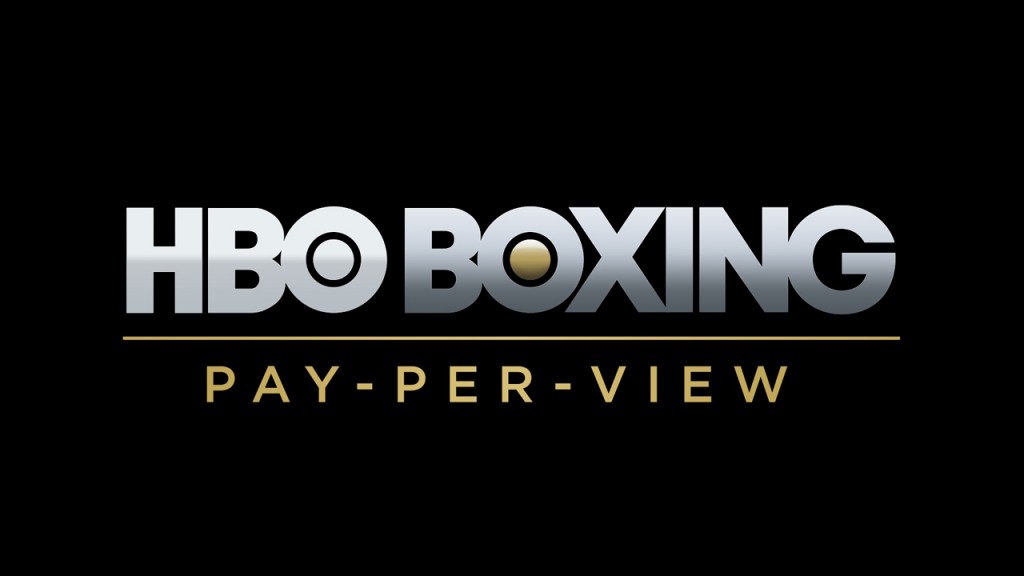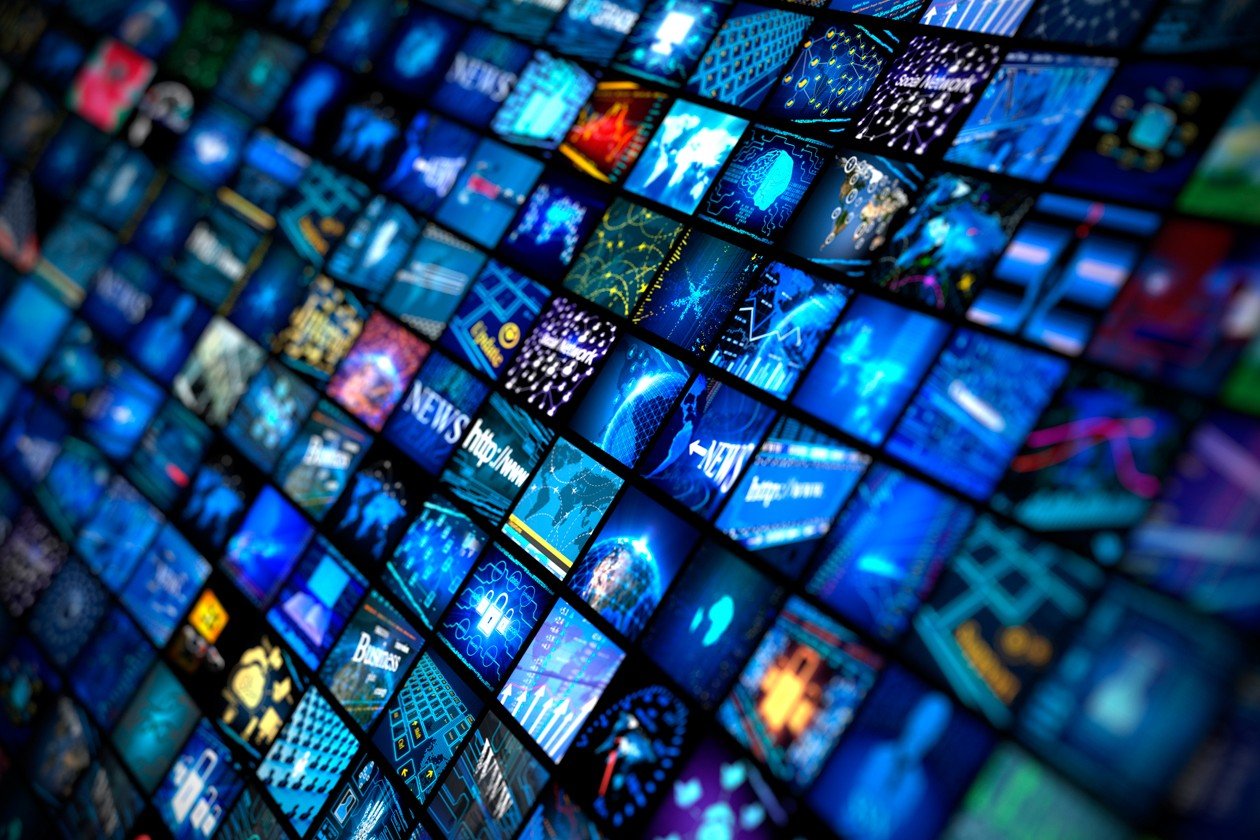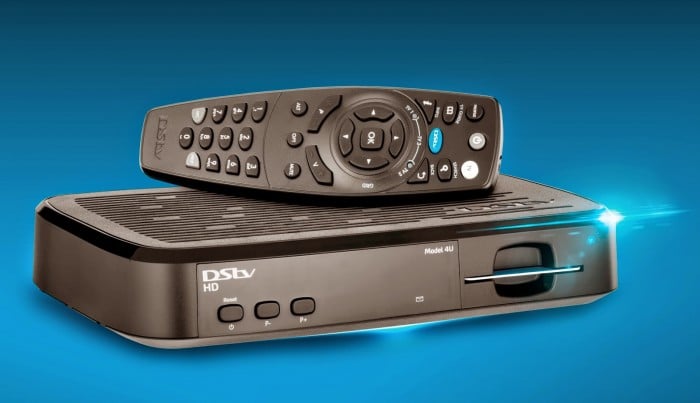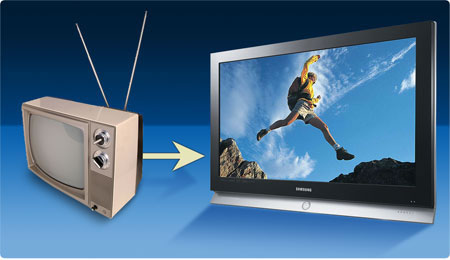The budget-conscious segment of the pay-Television market in Nigeria has been strident in its push for a pay-as-watch (PAYW) model. This push is encouraged by the use of the pay-as-you-go (PAYG) model in the telecommunications sector, which also adopted the per-second billing system after an initial reluctance.
Pay-As-You-Watch, most pay-TV subscribers are convinced, will free them from monthly contracts and introduce greater flexibility in how they watch television. More than that, many are convinced that the model is already in operation in South Africa and want its adoption in Nigeria.
There is no such thing as pay-as-you-watch TV in South Africa. What exists is the monthly contract model like we have in Nigeria and other countries of the world.
Pay-as-you-watch is often confused with pay-per-view (PPV). Are they the same? No. The PPV model allows a subscriber to watch some special events, usually of the high-ticket variety in sports and entertainment, by paying for such events in addition to having an active subscription.
This means that if pay-per-view was available in Nigeria, a subscriber would need to pay his/her monthly subscription to a pay-TV provider and then pay an additional sum-usually very expensive-to watch a high-ticket event like the Floyd Mayweather vs Manny Pacquaio fight for which boxing fans in the US paid $100 on top of their regular subscription. That is $100 for a two-hour fight.
In Nigeria, those who watched the fight on DStv’s SuperSport channel did so at no extra cost. Pay-per-view also does not exist in South Africa.
A question often asked is: Why can we not have a pay-as-you-go model for pay-TV as we have in telecommunications, where subscribers pay for what they use?
The answer is that both industries operate differently. Very differently. How? Telecoms service providers do not buy content like pay-TV providers do because they are not in the business of providing entertainment content. What they buy is spectrum, for which they make a one-off payment.
Entertainment content is not bought on one-off basis. Pay-TV providers continually pay for content, with an upward review in cost when contracts for such expire. Going by this, the pay-as-you-go model in telecommunications does not fit the pay-TV industry. Pay-TV companies are, by and large, agents or vendors. They do not always own the content they broadcast. Content owners do not sell to vendors on pay-as-you-watch basis, an arrangement that does not accommodate the vending of such content on a pay-as-you-watch basis.
Pay-as-you-watch model, if ever adopted, will hinder rather than help the subscriber because of its prohibitive cost. It costs about N2,000 to watch a movie at a cinema. One movie.
If a pay-TV provider charges the same sum for a movie, subscribers are cooked! Now, if you find the movie you have gone to watch at the cinema unexciting after 40 minutes, do you get a refund? Of course, not. It is the same with a football match you have paid to watch at a stadium.
Pay-TV companies are also unable to go back to those who sell them content to demand a refund with a complaint that subscribers find their content tedious. Content contracts leave no room for such.
Subscribers often hinge their demand for a pay-as-you-watch model on the fact they are billed while not watching, probably when at work or out of town. The truth is that it cannot be otherwise.
The technology used in pay-TV broadcast transmits signals in just one direction: to the decoder. It is called downlink. It does not send back to the pay-TV provider. That way, the provider has no way of knowing whether or not a subscriber is watching or what he/she is watching. The only thing a provider can do is to block the smart card from accessing signal when subscription has expired.
Pay-as-you-watch is assumed to be a pocket-friendly usage billing model, but it is not. A semblance of that exists in the United Kingdom, where TV and broadband packages are tied together.
For example, BSkyB’s Now TV offers access to Sky’s seven sports channels as well as some entertainment and movie channels on smartphones, games consoles, tablets and similar devices. A subscriber need not have an active Sky subscription to enjoy the service because it is exclusively internet-based.
Payment, which is daily or weekly, depends on the package. For the entertainment package, the sum is £6.99 (N2,380) daily. The movie package costs £9.99 (N3,400) daily. The sports package costs £6.99 (N2,380) daily and £10.99 (N3,740) weekly. The model does not allow a subscriber to pay for only channel on any of the packages, as the content is sold in bundles. Now, add the cost to that of the data you need to view your favourite content and work out the cost. And in a country where internet connection can be relied upon to be unreliable, pay-as-you-watch is not as appealing as you assume. Remember, you cannot demand a refund from the subscriber in the event of patchy internet service.
2 comments






well this is an eye opener, DSTv can afford to do whatever they feel like doing with their Nigerian subscribers because of the monopoly they enjoy. If only NBC can do the right thing for once and issue licences to whoever is willing and is capable of providing the same services DSTv is providing. Competition is the key to getting the best of products (goods or services) in any industry.
Your comment..Well, Pheel, it is correct MultiChoice can do as it likes in the Nigeria market now. As you rightly said, only a strong, even virile, competition would control sub rates. Besides, govt policies can go a long way in reducing the harsh treatment brought on Nigerian subscribers by MultiChoice.